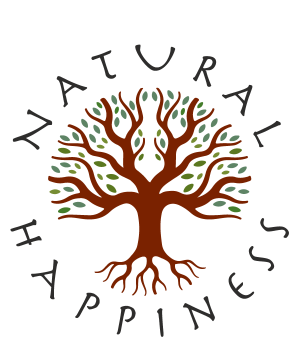RESILIENT FUTURES : HOW EXPLORING THE UPSIDES AND DOWNSIDES IN THE YEARS AHEAD CAN HELP US TO RAISE OUR RESILIENCE AND THRIVE
Many people find the pressures of daily life and work so intense that the outlook for the years ahead feels too much to consider. If you compare the challenges and uncertainty of today with five or ten years ago, surely it has increased, and will rise further? The aim of Alan’s Seeding our Future project is to help people, neighbourhoods and essential public services to recognise the gifts and problems of the next 10-20 years, and to learn to raise their resilience to continue thriving.
We are currently setting up several pilot projects to explore a range of resilience skills and processes, aiming to share these more widely after the pilot phase. For full information on the project see www.futurescanning.org.
Flourishing through change: Alan Heeks comments “I define resilience as the skills to bounce back, learn and grow through challenges so that we stay happy most of the time, and don’t just cope or survive. As daily life and work, plus the world in general, get more complex, crazy and uncertain, I see resilience as crucial to wellbeing.
Resilience has been a big focus of my work since 2012, and this has led me to be increasingly curious and concerned about the future outlook. It seems that most of us can only just cope with the present, and don’t want to contemplate what further challenges and upsides could be ahead of us. The climate crisis is just one of the major challenges where we need great courage and creativity to respond well. I’ve initiated the Seeding our Future project to explore the new or deeper skills we will need in the next 10-20 years to stay happy amid the changes ahead.

WANT TO KNOW MORE? See the project website

Exploring Super Resilience
Alan describes how we all need resilience and learning from nature can help us.
Natural Happiness Blog
Creation Spirituality: what, why, how
Align your own creative power within the divine The essence of creation spirituality is this idea: that the creation of our world was not a one-off event billions of years ago: it is a process continuing in every moment, and each of us can contribute. As Neil...
Nourishing body and soul
Nourishing body and soul: Reinventing spiritual community We live in a time of impending crisis, when I hear many people urging the need for sanctuary, hospicing, and a deeper sense of community. Implicit in such words, but rarely discussed, is the huge...
Garden hamlets: a sane response to crazy times
Improving food security and affordable housing supply There's a widespread view that strengthening local communities will be crucial in the years ahead, to help us all to adapt to increasing levels of disruption, including food supplies, utilities, weather...



